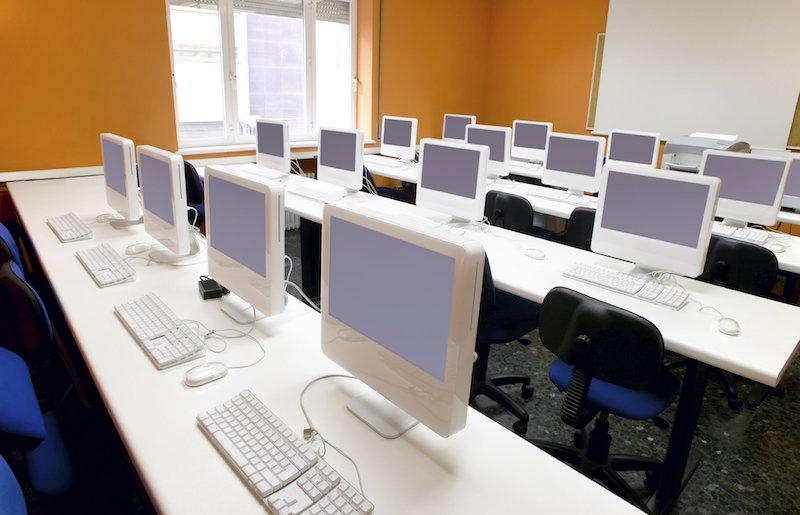
Technology and Education: A Perfect Match
Show me a business model that takes no account of the new technologies, and I will show you one that is on its way to failing.
It’s true of newspapers who still revolve around the spinning leviathan in their basements producing newsprint that few and fewer people want to read, as most take their news from the screen rather than the printed page.
It’s true of establishments who think their power is still drawn from being in the right place interacting with the right select few, rather than being on web, interacting with everyone.
It's true of the church who still rely on passing the divine message through a communion of place and pomp which fewer and fewer attend, rather than evangelising as the ancients did, by the easiest way possible with as many as possible, wherever they are gathered – which is nowadays no longer in the private houses or the market places of great cities but in the labyrinths of the social media network.
It’s true of political parties which are still stuck in the frames and formulas of the latter half of the eighteenth century, and so are retreating from being the voice for mass movements into select clubs for the increasingly fanatical few.
And it is true, for some reason I cannot fathom, of education – and especially tertiary education as well.
Why do we (at least those of us in the advanced Western democracies) still adhere to the medieval model which requires young men and women to go to ivy covered medieval buildings to receive their university education from a profession whose practices and arcane rituals remain lovingly preserved and meticulously re-enacted, just as they were a thousand years ago?
And so, to preserve this bygone system, we load down our young with crippling debt, restrict access where we should be widening it, and deny our students the advantage of the best teaching available – one which uses the extraordinary flexibility and audio visual added value which is nowadays provided, not in the classroom, but on the net.
Surely there must be a reason for this? Surely it cannot be because University professors want to hang on to their medieval way of life, come what may? Or because of all those comfortably entrenched in the past in our country, they are the ones who are more resistant to change than any other?
Has no-one noticed that it is these same Universities who resist the idea of any kind of distance learning within their own ancient walls, who are busy exporting accredited distance learning degrees to everywhere else in the world? At a lower cost and equivalent standards that foreign students can enjoy, but British ones can’t.
The fact is that if you were designing a tertiary education system from scratch, you would NOT do it all in one place, all the year round.
You would probably deliver perhaps up to 60% of your teaching interactively, down the line. Not because it is cheaper, but because its better. Better for the student, better for the teacher, better use of resources, better outcomes at the end.
Just imagine what it might be like if our tertiary education system ran on the basis of only say a third being delivered in the physical classroom and the rest interactively on the net. Less – perhaps no - student debt. Better use of our University buildings; a profession that would be forced to live learn and adapt to the modern age, rather than taking refuge in a past one; tertiary education institutions that would be forced to change from centres of learning, but centres of learning networks.
And perhaps most valuable of all, by creating an education system deliverable anywhere, founded as it would have to be, on credit based degrees, we would be laying down a framework which could give Britain at last an adult education system worthy of the modern age.
In the modern age success, whether of a nation, a company or an individual, depends on how you create, manage, preserve and enhance intellectual capital. This makes education the key to competitive advantage. If we want to have that for Britain, we have to change our antediluvian system of tertiary education.
Lord Paddy Ashdown is part of the William Clarence Education Advisory Board
